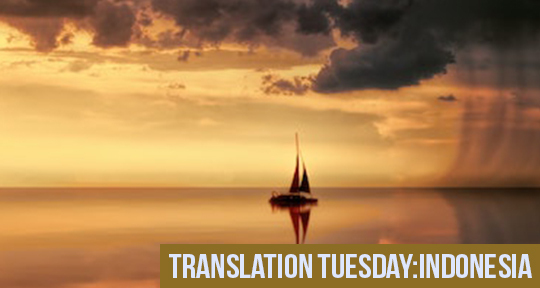This week, our Editors-at-Large report on beloved literary figures and emerging talents from their respective regions. From personal tributes to literary luminaries to fan meetups, read on to find out more!
Ibrahim Fawzy, Editor-at-Large reporting from Egypt
In this dispatch, I won’t be reporting on literary festivals and book fairs, as usual. But I will share some good news that personally brought me happiness and gratitude in troubled, gloomy days: Literary translator and cultural worker Nariman Youssef was named head of the Poetry Translation Center (PTC), and Nashwa Nasreldine has joined the PTC team as editor. Excitingly, two Arabic translators have taken over the PTC though they were recruited through totally separate processes. Let this lovely takeover begin and stay tuned for all the amazing work they will bring into the world alongside the PTC’s already brilliant team.
When I praise the new leadership of the PTC, I speak from experience. One day in 2021, I stumbled upon a lifeline: a pay-what-you-want online workshop at PTC. This workshop, led by the extraordinary Nariman Youssef, laid the foundational bricks for my journey as a literary translator. Translating Mustafa Ibrahim’s “Nothing of Note” under her patient, quiet, and profoundly insightful guidance was a revelation. It was as if she was born to lead, with an innate ability to listen, to nurture, and to inspire.



